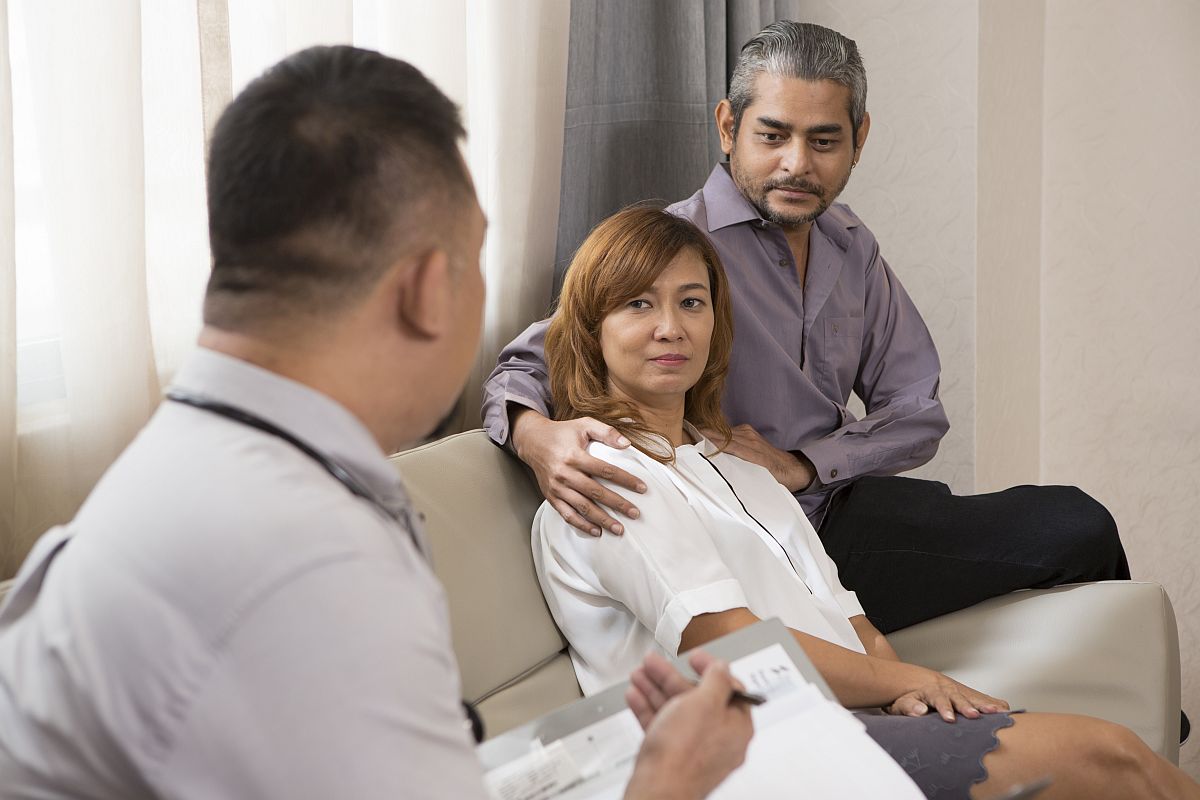KUALA LUMPUR, August 8 — When diagnosed with life-threatening illnesses, the patient, their family and carers will go through significant life changes.
Though each patient and their family members’ experiences are different, it is essential for them to seek support and be hand-in-hand to steer through the impact of the illness, and this is when they can lean onto the help from palliative care.
Palliative care provides holistic support for patients with serious illnesses, at all stages of their diseases. The objective of palliative care is to improve the quality of life for patients and their loved ones by addressing their emotional, physical, spiritual and social needs and ensuring their overall well-being.
The acceptance of palliative care, which is a significant aspect of comprehensive health care, has grown in recent years. However, according to the World Health Organization (WHO), only 14 per cent of the patients who need palliative care are receiving it.
“While its acceptance has grown among the community, palliative care is still underused. This may be caused by misconceptions which can deter patients and their carers from seeking palliative care at an earlier stage of their illness, when it is most effective in managing symptoms and improving quality of life,” said Dr Hayati Yaakup, consultant palliative medicine physician and head of supportive and palliative care service at Sunway Medical Centre (SMC).
Among the misconceptions of palliative care are:
- Palliative care is only for patients who are terminally ill.
- Treatment ends when palliative care begins.
- Discussing palliative care deprives patients from having hope.
“Addressing these misconceptions requires a broad approach involving continuous awareness programmes, professional training and an integration of palliative care into the health care systems,” Dr Hayati added.
Palliative care is essential for many types of illnesses, with cancer being one of the main illnesses. According to WHO, 34 per cent of adults who need palliative care have cancer.
“Cancer requires an intricate treatment whereby a strong collaboration between multi-disciplinary teams is required, with palliative care being one of them. Cancer patients often go through a range of physical and emotional symptoms. Palliative care specialists will collaborate with oncologists to address these symptoms such as pain, nausea, fatigue and anxiety,” elaborated Dr Hayati.
Among other areas that palliative care and oncology can collaborate to provide the best care for cancer patients are:
- Communication: Palliative care specialists and clinicians help patients understand, among others, their diagnosis, treatment options, and potential risks.
- Treatment coordination: Palliative care specialists work together with oncologists and other health care professionals to coordinate care and ensure that the patient’s and family caregivers’ complex needs have been adequately addressed.
- Emotional and psychological support: Palliative care provides emotional support and counselling to help patients and their guardians navigate through their cancer journey.
- Advance care directive and end-of-life care: Palliative care team members work together with oncologists to ensure that patient’s preferences and values are respected, and appropriate comfort and support are given.
“The combination of these two fundamental aspects, palliative and oncology, will help in achieving the best outcome in patient care. Patients can receive specialised support to enhance their comfort and overall wellbeing. This integrated approach provides support to patients and their loved ones at every stage of their cancer journey,” shared Dr Hayati.
SMC, being an ESMO (European Society for Medical Oncology) designated centre for integrated oncology and palliative care service, places a great emphasis on integrating palliative care with standard cancer care. This was seen through their Second Sunway Oncology and Palliative Symposium 2023 held recently, where Dr Hayati was the co-chairperson.
The symposium serves as an avenue in the journey towards improving cancer care and palliative medicine, ultimately benefiting patients and their loved ones. It gathered a number of local and international delegates, including participants from the Philippines, Brunei, Indonesia, Singapore, Saudi Arabia, India, Cambodia, The United Arab Emirates, Hong Kong, the United Kingdom, Germany, Canada, and Australia.








